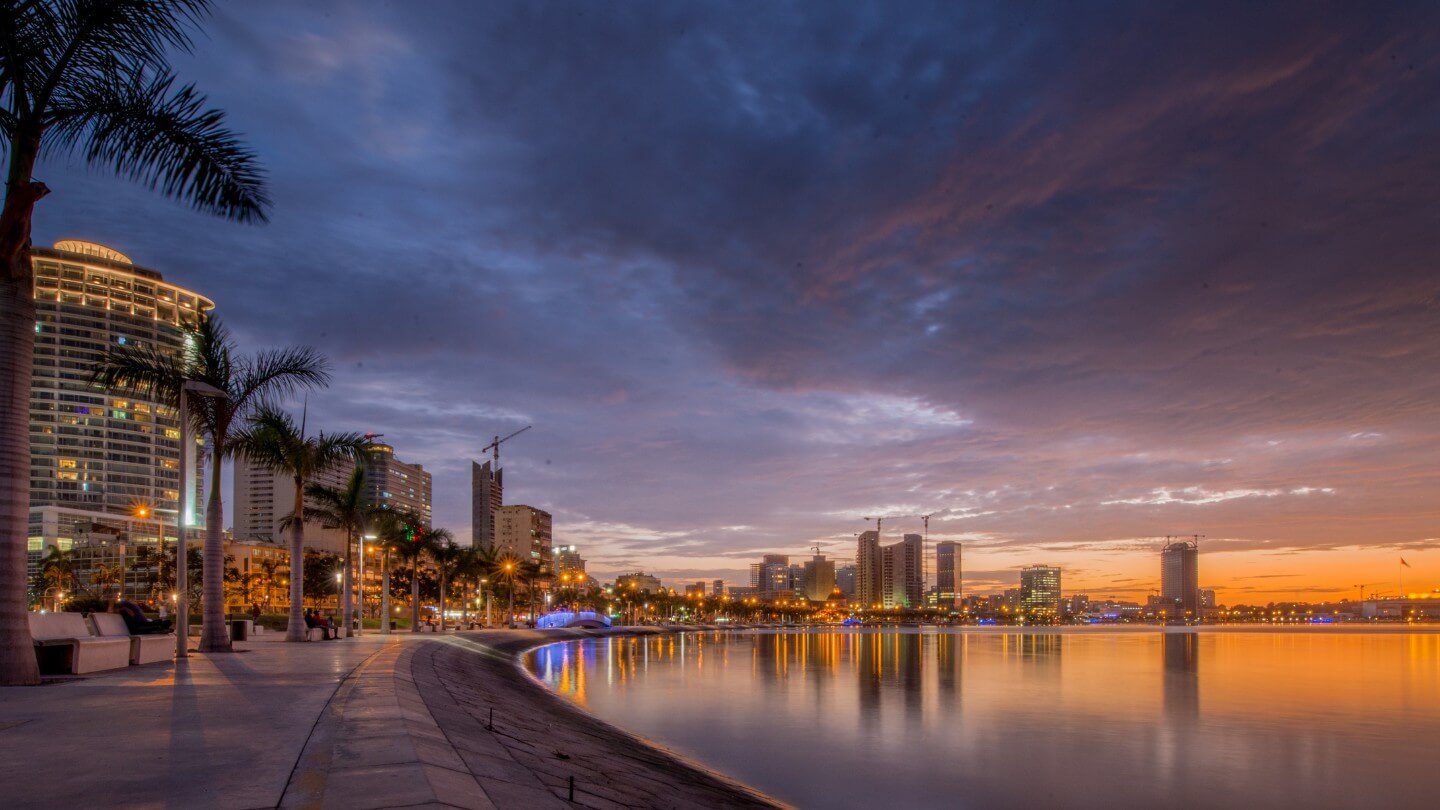
Is a VPN needed in Angola?
Angola, a country rich in cultural heritage located on the southwest coast of Africa, has witnessed a digital evolution over recent years. Amid its abundant natural resources and burgeoning economic sectors, the realm of digital rights, online freedom, and internet privacy in Angola remains a significant point of discussion. Being a post-conflict nation, Angola’s approach to internet governance is influenced both by its historical legacy and the modern challenges it faces.
1. Internet Censorship and Freedom of Expression
Freedom House rates Angola’s Internet freedom status as “partly free”. Although there are no explicit government restrictions on Internet access or text messaging and no known government interference with online content, the government’s perceived capability to monitor and intercept the communications and data of Angolan citizens remains a significant concern.
2. P2P Services and Torrenting
As of now, no specific information is available on the stance of P2P services and torrenting in Angola.
3. Internet Shutdowns and Accessibility
Despite being rich in resources and heritage, Angola’s internet infrastructure leaves much to be desired. Its quality is deemed poor, and users often face disruptions in their online experiences. For instance, in early 2020, a malfunction in undersea internet cables severely hampered internet connectivity for many Angolans.
4. Government Surveillance and Data Protection
Angola has shown a commitment to data protection with the inception of Law 22/11 on the Protection of Personal Data. This law regulates all data processing concerning identifiable individuals. Further strengthening the commitment to data privacy is the nation’s constitution, which, beyond ensuring the right to privacy, includes a provision called “habeas data.” This provision allows citizens the right to be informed about their data in files or computerized records and the purpose of its processing. They also have the right to request updates and corrections to this data. However, the government’s perceived power to monitor and intercept citizens’ data and communications remains an overarching concern.
5. Net Neutrality and Digital Rights Landscape
Angola’s legal framework has been undergoing evolution to stay relevant in the contemporary IT climate, with a clear emphasis on countering cyber attacks and ensuring network protection. Specific information on net neutrality in Angola remains elusive at present.
Conclusion
The digital journey of Angola paints a picture of a nation grappling with the challenges of modernization while striving to uphold the rights and privacy of its citizens. With its existing legal provisions and future potential, Angola’s progression in the realm of digital rights will remain an essential focal point in global discussions.
See also:

Leave a Reply